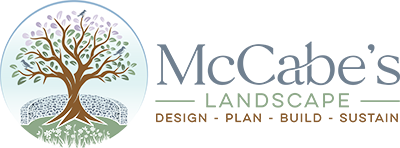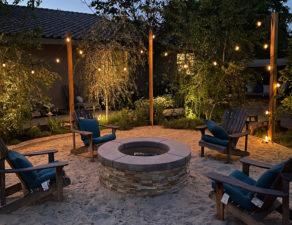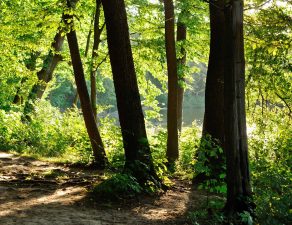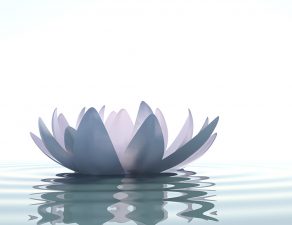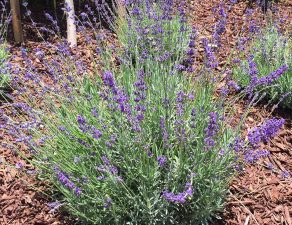
If you’re the type of person who marvels at the beauty of nature, why not record your reflections in a journal? Often we think of journaling as keeping a diary of our everyday thoughts, but you can also focus a journal on one particular topic. For the nature lover, this type of journal can not only make for a relaxing pastime, but also help you create a personalized work of art that you can enjoy for many years to come.
Things you can do with a nature journal. A nature journal can be as simple or as complex as you like. Some people choose to draw things that interest them, or even attach leaves or press flowers within the pages. You might prefer to record facts on plants, animals, or fungi that you’ve researched. Or, you might be the type who is inspired to write poetry on a hike.
Gardeners also use journals to record seed starting dates, watering and fertilizing, transplanting, and more. When you adopt this habit, your journal can help you learn what works and does not work in your particular garden.
Kids can get in on the fun, too. A nature journal can become a terrific learning experience for children of all ages.
Choose a focus. You can always hone your focus as you go, but some people who journal prefer to organize their project from the start. You might wish to keep a separate journal for interesting fungi, for example, or for edible weeds found in the woods. For kids, a common and useful focus is to simply learn the leaves of trees indigenous to the area.
Gather your supplies. A blank, unlined journal is best if you intend to include drawings. Otherwise, a simple notebook with ruled pages will suffice. Remember to carry pencils or pens with you, and tape if you intend to attack leaves or other objects to your pages.
Write down questions. As you view objects in nature, ask questions that you can answer through research later.
Take photos. This can be especially important if you aren’t the most skilled artist. Including photos can help with plant identification and adds an important visual element to your journal.
Follow up later. When you research to answer questions and learn more about something you’ve seen, make sure to record your findings. Over time, your journal will serve as a living document of your life’s explorations.
